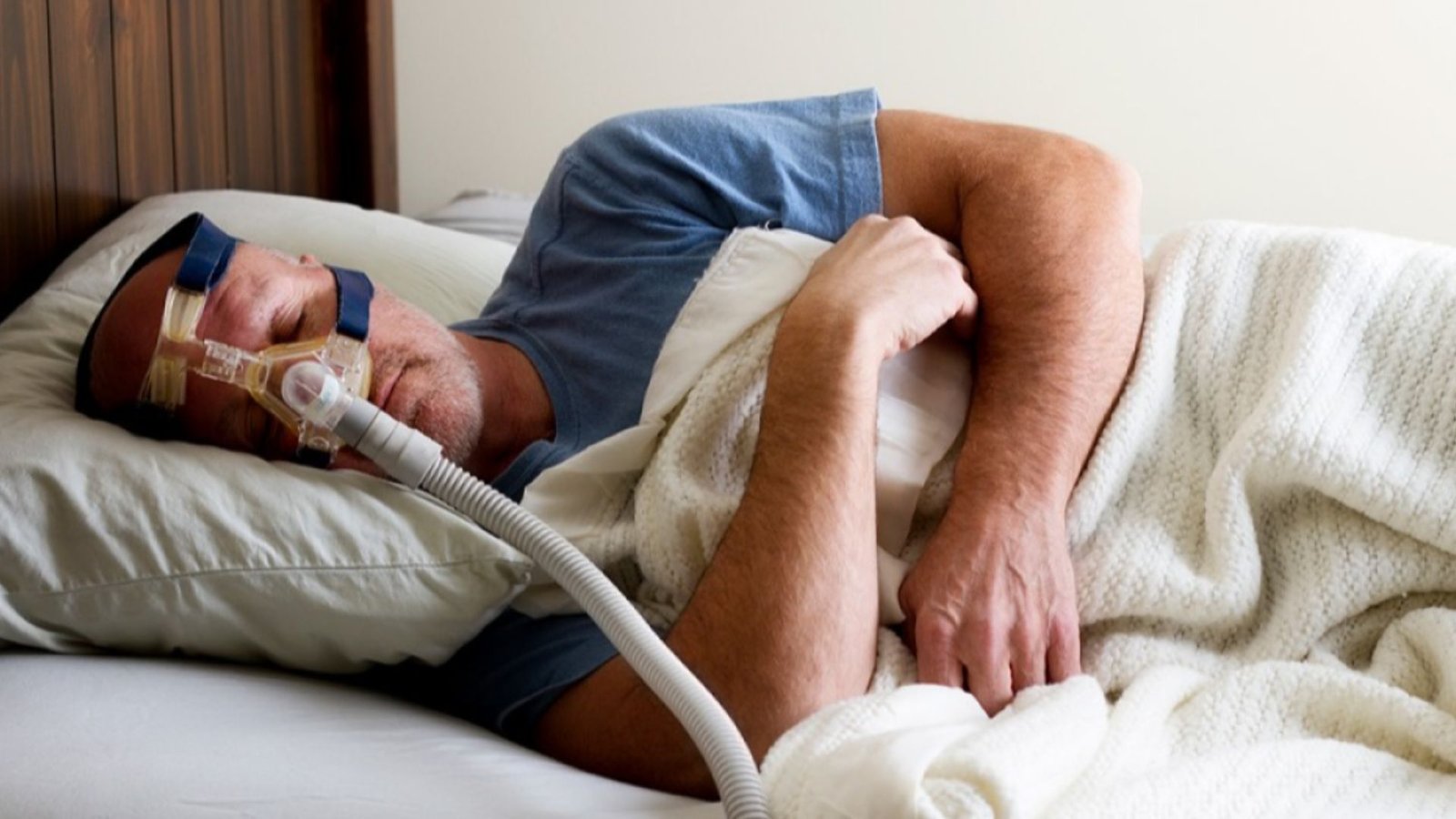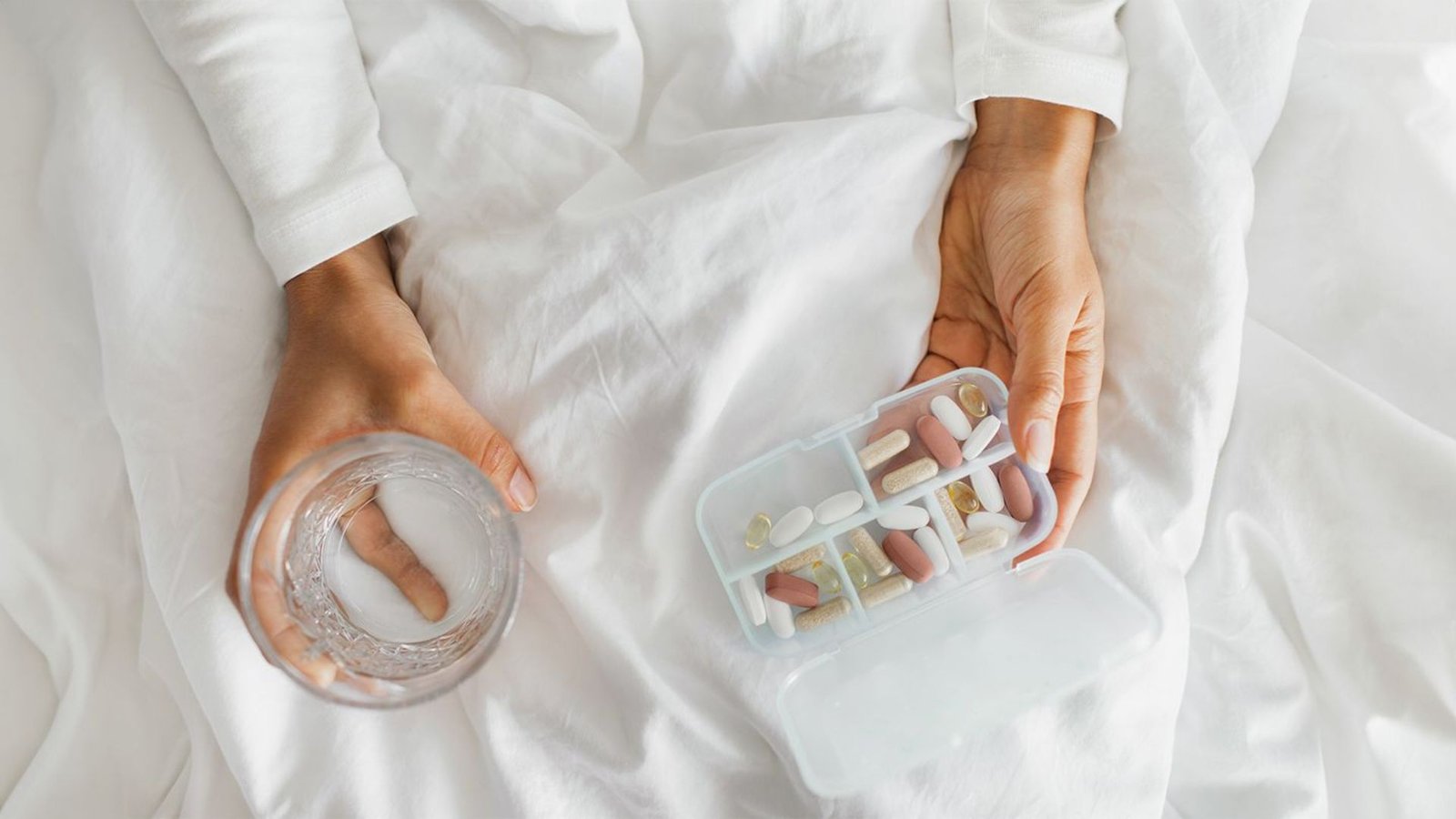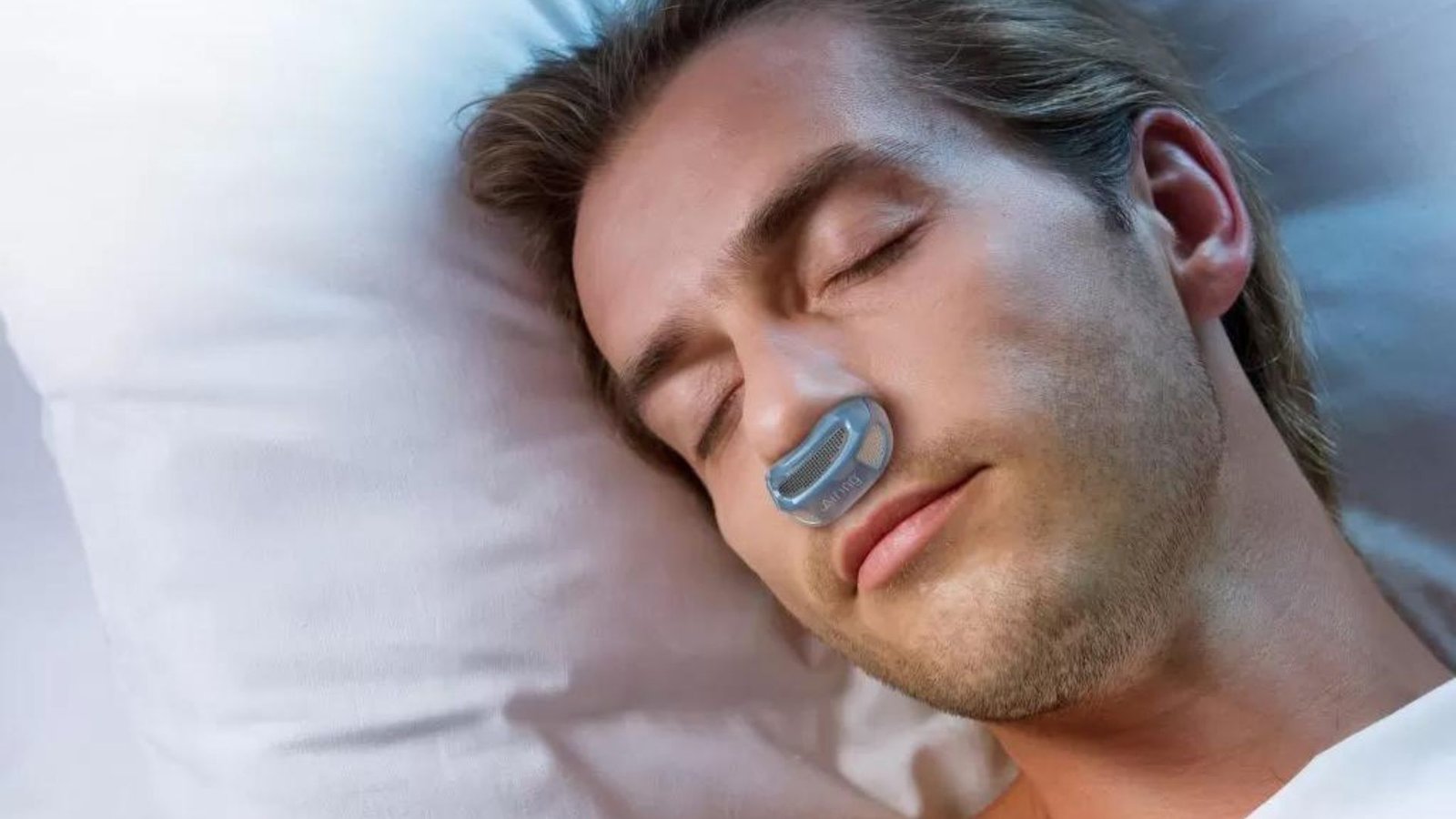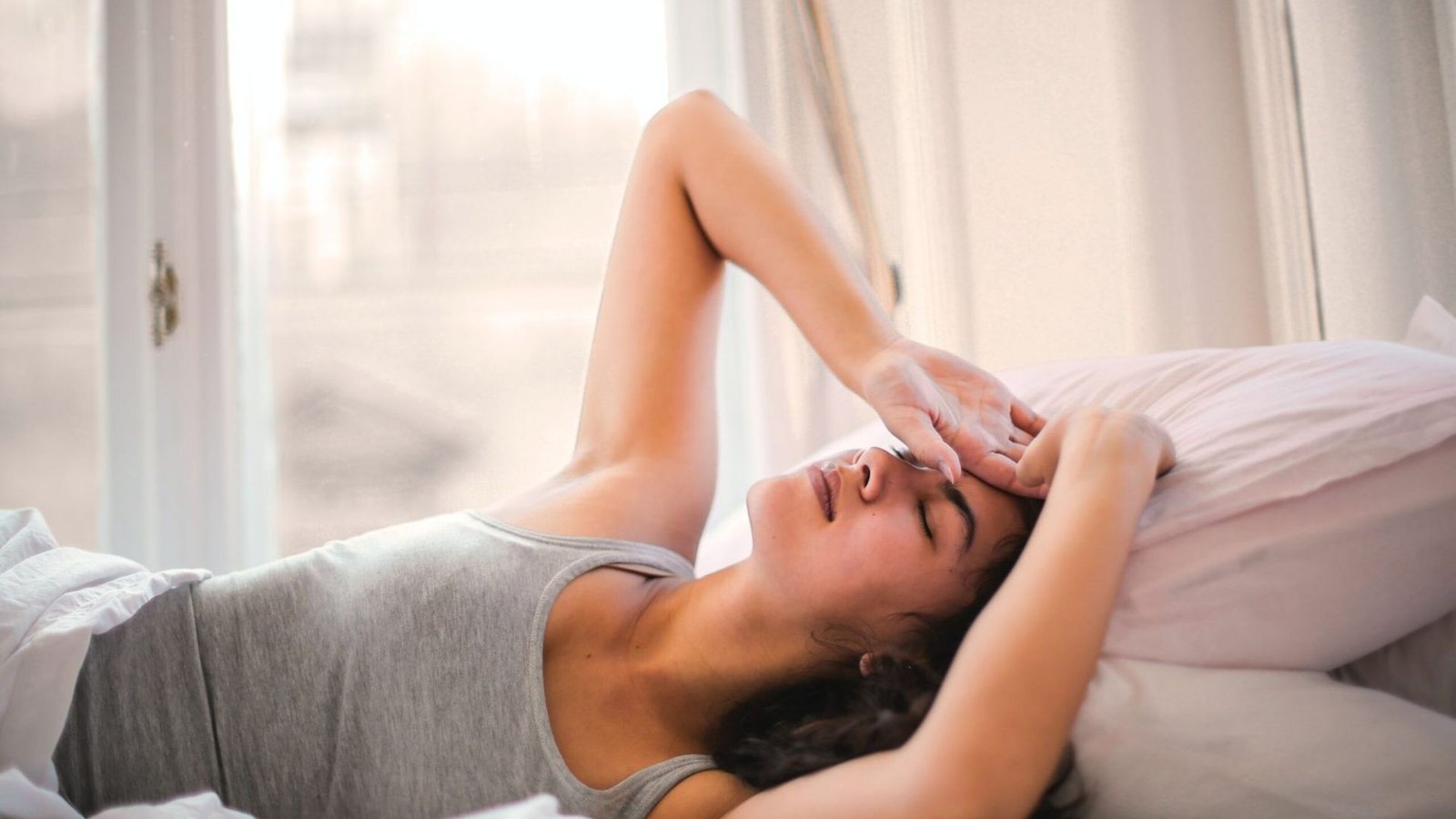Sleep disorders can significantly impact daily life, causing issues such as fatigue, irritability, and difficulty concentrating. While medications are commonly used to manage sleep disorders, many effective non-medication treatments can help improve sleep quality and address underlying issues. This article explores the top non-medication treatments for sleep disorders, focusing on lifestyle changes, therapies, and alternative approaches.

Lifestyle Modifications
Establish a Consistent Sleep Routine
Creating a regular sleep schedule is fundamental to improving sleep quality. Key practices include:
- Set Regular Sleep and Wake Times: Go to bed and wake up at the same time every day, including weekends, to regulate your body’s internal clock.
- Create a Relaxing Bedtime Ritual: Engage in calming activities before bed, such as reading, taking a warm bath, or practicing relaxation exercises.
Optimize Your Sleep Environment
Your sleep environment plays a crucial role in achieving restful sleep. Consider the following:
- Maintain a Comfortable Sleep Setting: Ensure your bedroom is dark, quiet, and cool. Use blackout curtains, white noise machines, or fans if necessary.
- Invest in Quality Bedding: Choose a comfortable mattress and pillows that support restful sleep.
Limit Stimulants and Disruptors
Certain substances and behaviors can negatively impact sleep:
- Avoid Caffeine and Nicotine: Refrain from consuming these substances, especially in the hours leading up to bedtime.
- Limit Alcohol Intake: While alcohol may initially make you drowsy, it can disrupt sleep patterns and reduce sleep quality.
Behavioral Therapies
Cognitive Behavioral Therapy for Insomnia (CBT-I)
CBT-I is a structured program designed to address thoughts and behaviors that negatively affect sleep. It includes:
- Cognitive Restructuring: Identifying and changing negative thoughts about sleep.
- Behavioral Techniques: Implementing strategies such as stimulus control (associating the bed with sleep) and sleep restriction (limiting time in bed to improve sleep efficiency).
- Relaxation Training: Learning techniques like deep breathing and progressive muscle relaxation to reduce pre-sleep anxiety.
Sleep Restriction Therapy
Sleep restriction therapy involves limiting the time spent in bed to improve sleep efficiency. By initially reducing time in bed and gradually increasing it as sleep improves, this approach helps reset the sleep-wake cycle.
Relaxation Techniques
Mindfulness Meditation
Mindfulness meditation helps calm the mind and reduce stress, which can improve sleep quality. Techniques include:
- Guided Imagery: Using mental imagery to relax and prepare for sleep.
- Body Scan: Paying attention to physical sensations and releasing tension throughout the body.
Progressive Muscle Relaxation
Progressive muscle relaxation involves tensing and then relaxing different muscle groups to promote physical and mental relaxation. This technique can help reduce anxiety and prepare the body for sleep.
Alternative Therapies
Acupuncture
Acupuncture, an ancient Chinese practice involving the insertion of thin needles into specific points on the body, may help improve sleep by promoting relaxation and balancing energy levels.
Herbal Remedies
Certain herbal remedies may aid in sleep, including:
- Valerian Root: Often used for its sedative effects and potential to improve sleep quality.
- Chamomile: Consumed as tea, chamomile can have calming effects that help with sleep onset.
Exercise and Physical Activity
Regular Exercise
Engaging in regular physical activity can enhance sleep quality by promoting overall health and reducing stress. Aim for moderate exercise, such as walking or swimming, at least 30 minutes a day. However, avoid vigorous exercise close to bedtime as it may interfere with sleep.
Yoga and Stretching
Gentle yoga and stretching exercises can help relax the body and mind before bed. Incorporate poses that promote relaxation, such as Child’s Pose or Legs-Up-the-Wall, into your evening routine.
Dietary Adjustments
Balanced Diet
Maintaining a balanced diet can impact sleep quality. Focus on:
- Healthy Eating Habits: Consume a diet rich in fruits, vegetables, whole grains, and lean proteins.
- Avoid Heavy Meals Before Bed: Refrain from eating large or heavy meals in the hours leading up to bedtime.
Conclusion
Addressing sleep disorders without medication involves a multifaceted approach, including lifestyle modifications, behavioral therapies, and alternative treatments. By establishing a consistent sleep routine, optimizing the sleep environment, and exploring various therapies, individuals can significantly improve their sleep quality and overall well-being. Always consult with a healthcare provider to determine the best approach based on individual needs and conditions.




